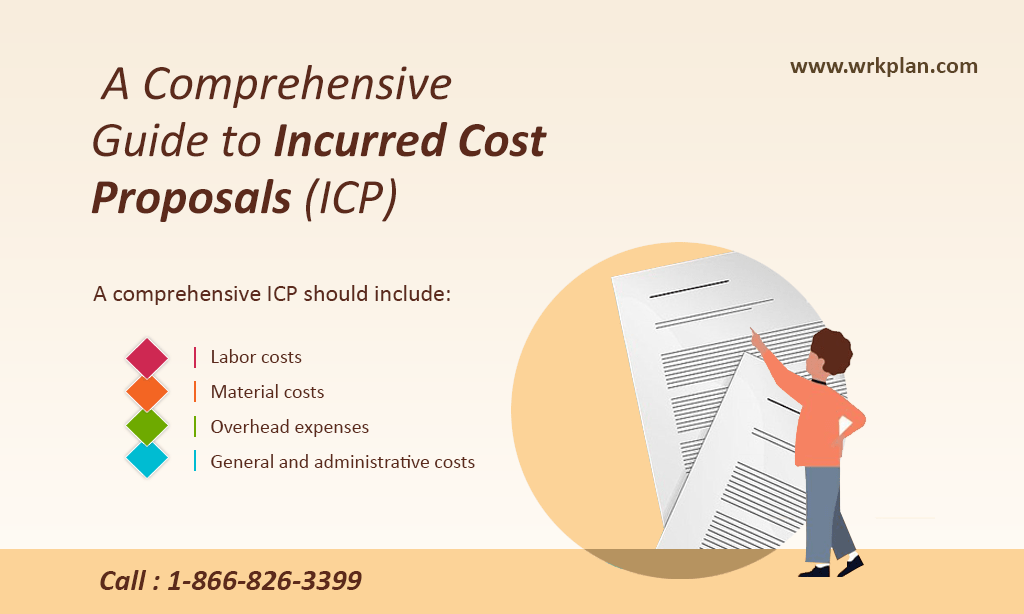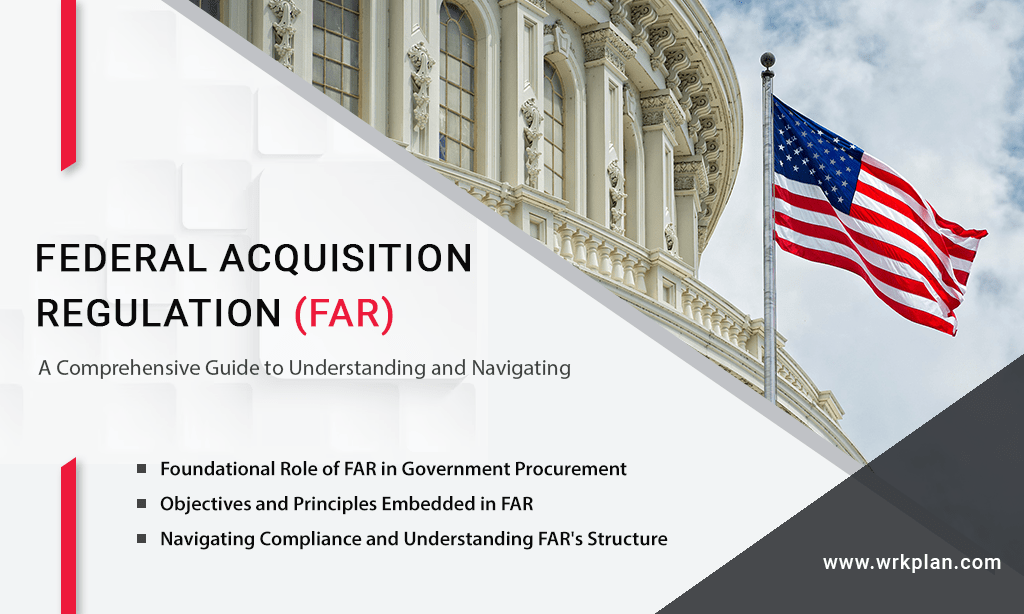Intellectual property (IP) is an important asset for businesses of all sizes, including government contractors. However, protecting IP in the context of government contracts can be a complex and challenging process. In this article, we will discuss the various types of IP that government contractors may own, the IP rights that the government may claim, and strategies for protecting and managing IP in government contracts.
Types of Intellectual Property
Government contractors may own several types of IP, including patents, trademarks, copyrights, and trade secrets. Patents protect inventions, trademarks protect branding and logos, copyrights protect original works of authorship, and trade secrets protect confidential information, such as formulas, designs, and processes.
Government IP Rights
When working with the government, contractors may encounter situations in which the government asserts rights in their IP. For example, the government may require that contractors grant the government a license to use their patented technology, or the government may claim ownership of software code developed under a government contract.
The government’s rights in contractor IP are governed by various laws and regulations, including the Federal Acquisition Regulation (FAR) and the Bayh-Dole Act. Under the FAR, the government has certain rights to use and disclose technical data and computer software developed under a government contract. Similarly, the Bayh-Dole Act provides guidelines for ownership and licensing of inventions developed with government funding.
Strategies for Protecting and Managing Intellectual Property
To protect and manage their IP in government contracts, contractors should take several steps:
- Understand the IP provisions of the contract: Before signing a government contract, contractors should carefully review the IP provisions to understand the government’s rights in their IP.
- Identify and protect their IP: Contractors should identify their IP assets and take steps to protect them, such as obtaining patents, registering trademarks, and implementing trade secret protection measures.
- Negotiate IP provisions: Contractors should negotiate with the government to ensure that their IP rights are protected to the greatest extent possible. This may include negotiating limitations on the government’s use and disclosure of technical data and computer software.
- Mark and label IP: Contractors should clearly mark and label their IP to put the government on notice of their ownership rights.
- Monitor government use of IP: Contractors should monitor the government’s use of their IP to ensure that it is being used within the scope of the contract and that the government is not infringing on their IP rights.
Conclusion
Intellectual property is a valuable asset for government contractors but protecting it in the context of government contracts requires careful planning and attention to detail. By understanding the various types of IP, the government’s rights in contractor IP, and strategies for protecting and managing IP, contractors can navigate the complex world of government contracting and safeguard their valuable IP assets.
Visit WrkPlan.com for all of your GovCon needs.










